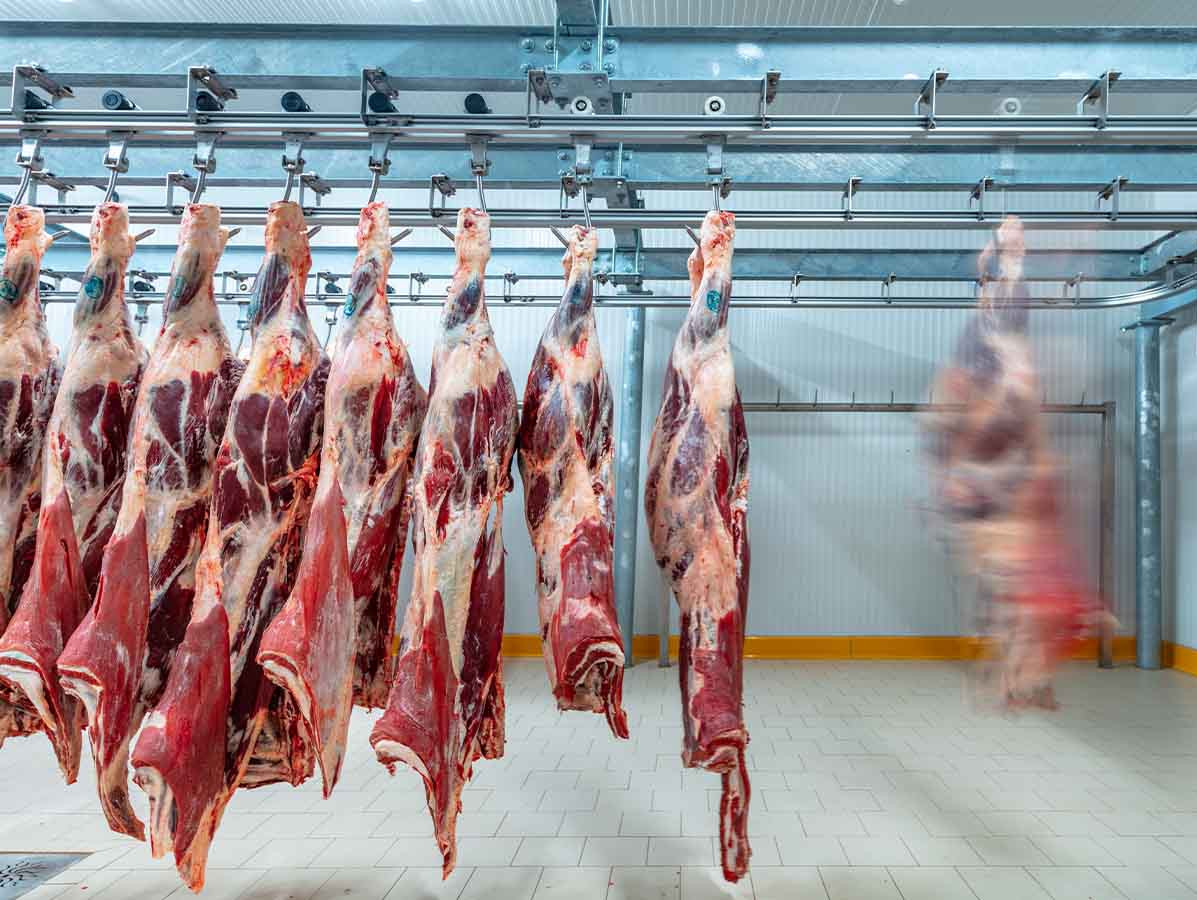
The production and trade of red meat in the Netherlands is extensive and international, which makes supervision and detection complex and opens the door for fraud. Fraud can compromise food safety, animal health, and welfare standards, especially by affecting traceability. Unclear origins increase the risk of unsafe meat entering the food chain, according to the NVWA after a decade of research.
Fraud increases the economic value of meat or conceals its illegal nature. Various types of fraud exist, such as laundering illegal meat and falsely attributing properties to meat (food enhancement). Illegal meat, including that from unauthorized slaughter or unsuitable animal by-products, is sometimes made fit for consumption.
Cold storage facilities and veterinarians play a crucial role in either preventing or facilitating fraud. Commercial and social interests must be responsibly balanced. Illegal practices involving live animals harm their health and welfare. This includes fraud in the trade and use of veterinary drugs. Illegal antibiotic use increases resistance risks and poses a threat to public health. Fraud in the collection and transport of animals, such as transporting unfit animals, and in the slaughter process, such as illegal ritual slaughter, harms animal health and welfare. Falsification of horse passports or health certificates can result in unsafe meat entering the food chain.
Traceability is essential for food safety. Unclear origins can pose food safety risks and complicate recall actions.
For more information, refer to the 'Fraud report on red meat - An analysis based on over 10 years of investigative research in the red meat sector'. (in Dutch)
The report outlines several cases:
Source: NVWA
Source: NVWA